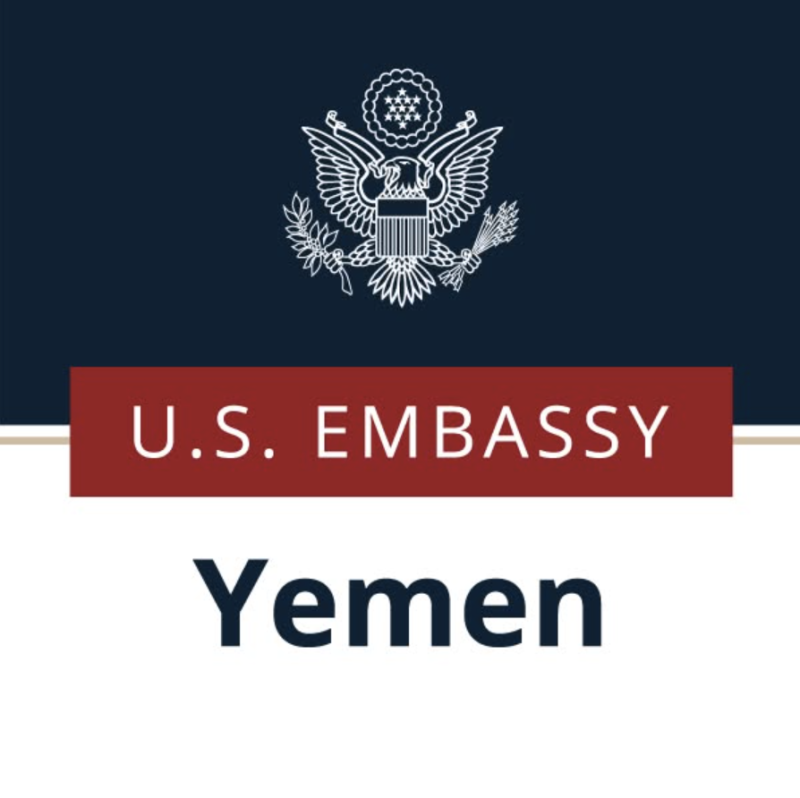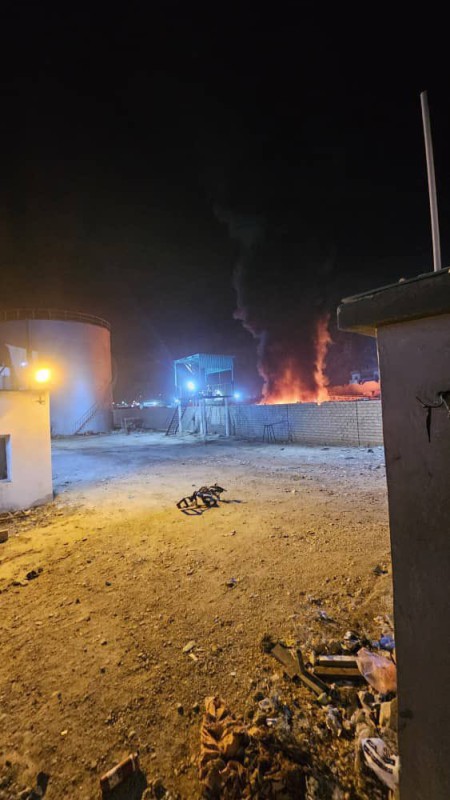Arabs Push Yemen's Houthis to Allow UN to Assess Oil Tanker


Six Arab countries are urging the UN Security Council to exercise "maximum efforts" to persuade Yemen´s Houthi militias to allow the United Nations to inspect a tanker moored in the Red Sea while loaded with over a million barrels to prevent "widespread environmental damage, a humanitarian disaster, and the disruption of maritime commerce."
In a letter to the council circulated Thursday, they warned that in the event of an explosion or leak "the possibility of a spill of 181 million liters of oil in the Red Sea would be four times worse than the oil disaster of the Exxon Valdez Exxon, which took place in Alaska in 1989."
The tanker Safer, which stayed moored to operate like a mini-terminal to store and offload oil from Yemen´s inland oil fields, has reportedly not been used since March 2015, when the region fell under control of the Houthis, and there are serious concerns its structure has deteriorated significantly.
Yemen plunged into war in 2014 after the Iranian-backed Houthis took over the capital of Sanaa.
The tanker is moored north of Yemen´s main port of Hodeidah, which handles about 70% of the country´s commercial and humanitarian imports.
The UN ambassadors from Saudi Arabia, Djibouti, Egypt, Jordan, Sudan, and Yemen said in the letter that an explosion or leak from the Safer would close the port of Hodeidah for several months. This would halt critical imports and "could increase fuel prices by 800 percent and double the price of goods and food, resulting in more economic challenges for the people of Yemen," they said.
A leak or explosion would also affect 1.7 million people working in the fishing industry and their families, the six countries said.
In the event of a major fire, toxic gases would affect 3 million people in Hodeidah, aquifers could be poisoned, and "about 40 percent of the agricultural land cultivated in Yemen would be covered with black clouds, which would result in the elimination of grains, fruits and vegetables," they said.
The ambassadors said multiple attempts to get a UN assessment of the Safer's condition have failed, most recently last September.
Earlier this week, the Yemeni government reiterated its warnings against possible disastrous consequences of the explosion or spill at Safer.
Information Minister Muammar al-Eryani has listed in a series of tweets the most disastrous consequences.
“We renew our warning against the threats posed by Iran's mercenaries (Houthi militias) who continue to prevent the United Nations panel of experts from inspecting and maintaining Safer oil tanker.”
In a resolution last month extending targeted sanctions for Yemen, the Security Council called for UN access to the Safer "without delay," saying the tanker poses "environmental risks."

Washington – The United States has voiced concern over recent developments in southeastern Yemen, stressing the importance of avoiding any st…

Riyadh --  Yemen’s Presidential Leadership Council Chairman, Rashad al-Alimi, announced on Tuesday a nationwide state of emergency, effe…

 Mukalla – The Saudi-led Arab Coalition has requested the immediate evacuation of civilians from Mukalla Port in Hadramout province.&nbs…